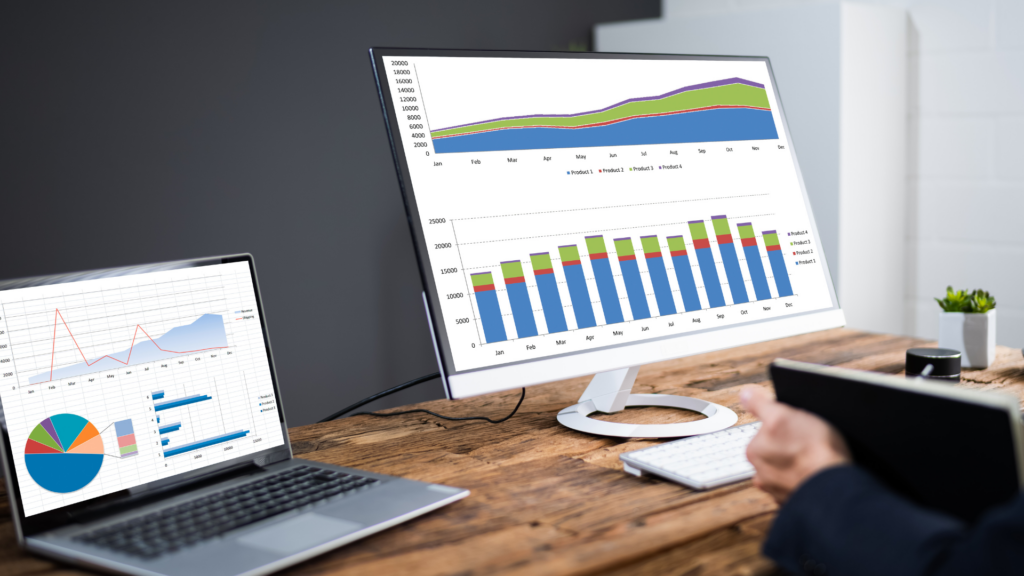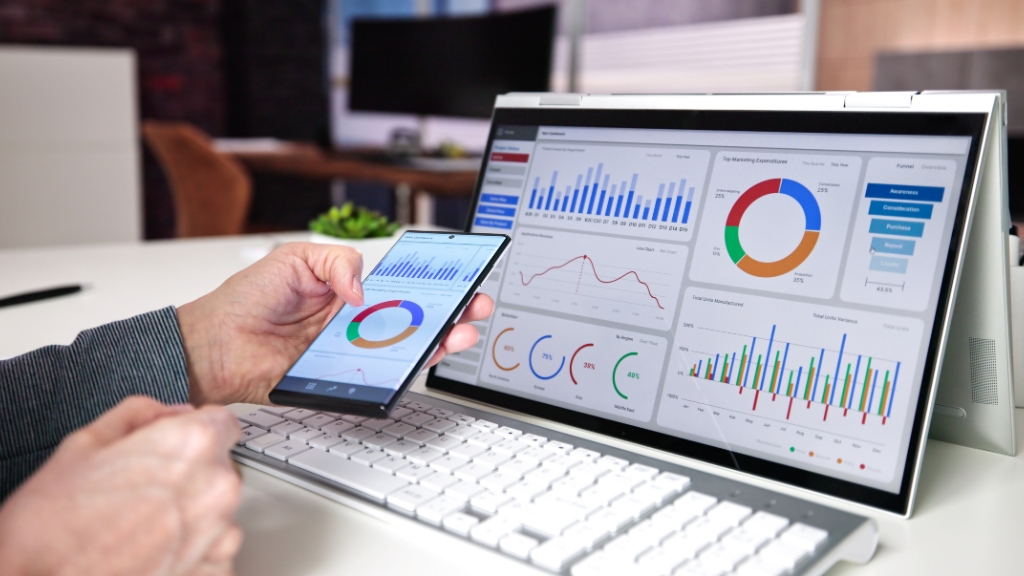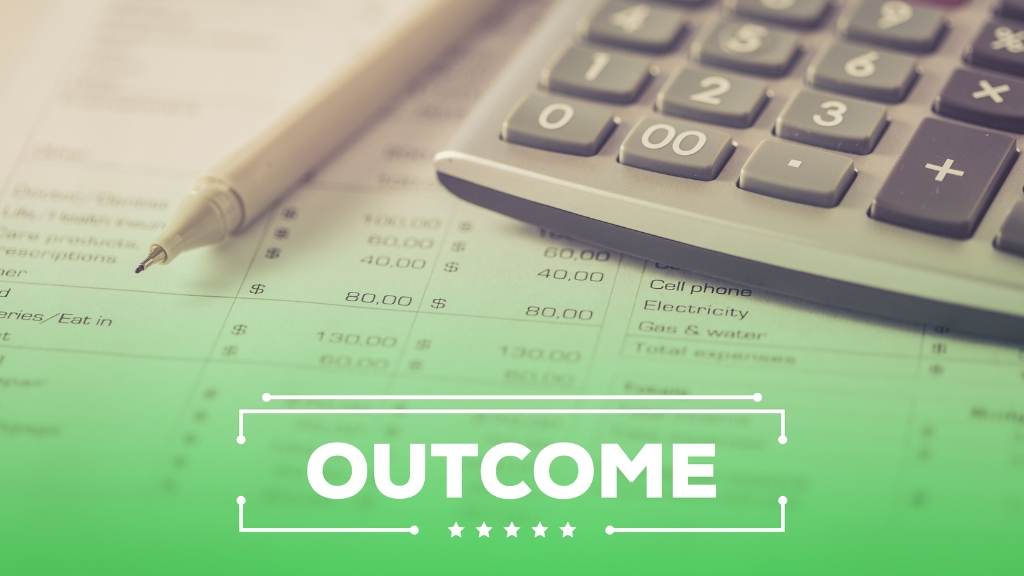
Beyond Automation: The Future of Nonprofit Dashboards Trends to Watch
Nonprofit organizations are increasingly turning to dashboards to streamline operations, track performance, and make data-driven decisions. While automation has revolutionized data management, the future of nonprofit dashboards promises even more sophisticated advancements. Here’s a look at the emerging trends shaping the future of nonprofit dashboards and how they can transform organizational effectiveness.
1. Advanced Data Visualization
The future of nonprofit dashboards will see a significant leap in data visualization capabilities. Beyond basic charts and graphs, new technologies will offer interactive and dynamic visualizations. These advanced tools will allow users to drill down into data with ease, uncovering insights that were previously obscured. Enhanced visualization will make it simpler for nonprofits to convey complex information to stakeholders, improving transparency and engagement.
2. AI and Predictive Analytics
Artificial intelligence (AI) and predictive analytics are set to become integral components of nonprofit dashboards. AI algorithms can analyze historical data to forecast future trends and outcomes. This predictive capability will help nonprofits anticipate challenges, optimize resource allocation, and design proactive strategies. By leveraging AI, organizations can move from reactive to strategic decision-making.
3. Real-Time Data Integration
The ability to integrate real-time data will be a game-changer for nonprofit dashboards. Real-time integration ensures that organizations have access to the most current information, enabling timely responses to emerging issues. This capability will enhance operational agility, improve response times, and support data-driven decision-making in dynamic environments.
4. Enhanced User Customization
Future nonprofit dashboards will offer greater customization options to cater to diverse user needs. Tailored dashboards will allow users to select and prioritize the data most relevant to their roles. Customizable interfaces will enable different teams within an organization to focus on the metrics that matter most to them, improving efficiency and user satisfaction.
5. Integration with Emerging Technologies
As technology evolves, so too will the capabilities of nonprofit dashboards. Future dashboards will integrate seamlessly with emerging technologies such as blockchain, Internet of Things (IoT), and augmented reality (AR). For example, blockchain integration can enhance data security and transparency, while IoT can provide real-time updates from connected devices. AR could offer immersive data experiences, making it easier to understand and interact with complex data.
6. Enhanced Collaboration Features
Collaboration is crucial for nonprofits, and future dashboards will enhance collaborative capabilities. Features such as shared workspaces, real-time commenting, and collaborative data analysis will become standard. These improvements will facilitate better communication and coordination among team members, fostering a more collaborative approach to data-driven decision-making.
7. Focus on Data Accessibility and Inclusivity
Data accessibility and inclusivity will be key focuses for future nonprofit dashboards. Ensuring that dashboards are accessible to users with disabilities and available in multiple languages will be a priority. Enhanced accessibility features will ensure that all stakeholders can engage with data effectively, promoting inclusivity and equity within organizations.
8. Mobile Optimization
With the growing reliance on mobile devices, nonprofit dashboards will increasingly be optimized for mobile use. Mobile-friendly dashboards will enable users to access critical data and insights on the go, facilitating real-time decision-making and improving overall accessibility. Mobile optimization will ensure that data is always within reach, regardless of location.
9. Integration with Social Media Analytics
Social media has become a vital channel for nonprofits to engage with their audience. Future dashboards will integrate with social media analytics to provide a comprehensive view of online engagement and impact. This integration will allow nonprofits to track social media performance, understand audience sentiment, and align their strategies with digital engagement trends.
10. Focus on Data Privacy and Security
As data becomes more integral to nonprofit operations, ensuring privacy and security will be paramount. Future dashboards will incorporate advanced security measures to protect sensitive information. Features such as encryption, multi-factor authentication, and role-based access controls will be standard, ensuring that data remains secure and compliant with privacy regulations.
Leave a Reply
- AI in Diagnostics: Revolutionizing Early Detection and Accuracy
- How AI and Advanced Analytics Are Transforming Healthcare Outcomes
- Investing with Confidence: The Role of ROI Calculators
- How ROI Calculators Drive Data-Driven Business Strategies
- The Ultimate Guide to ROI Calculators for Business Success
- Making Sense of ROI Calculators: A Comprehensive Guide
- June 2025 (1)
- May 2025 (1)
- October 2024 (2)
- September 2024 (31)
- August 2024 (31)
- July 2024 (27)
- June 2024 (28)
- May 2024 (30)
- April 2024 (33)
- March 2024 (23)
- February 2024 (29)
- January 2024 (3)
- December 2023 (47)
- November 2023 (36)
- October 2023 (23)
- September 2023 (2)
- June 2023 (2)
- May 2023 (13)
- April 2023 (1)




